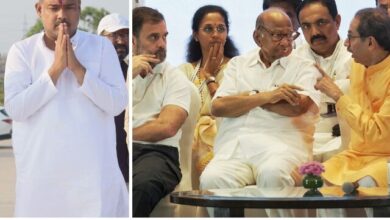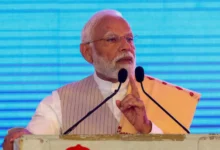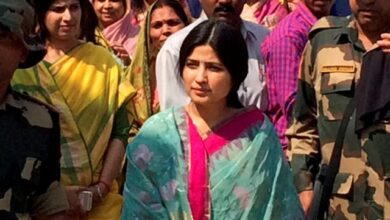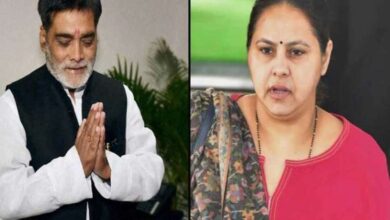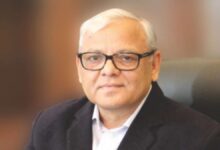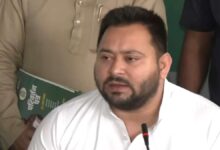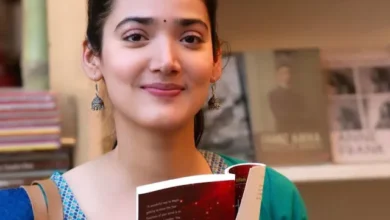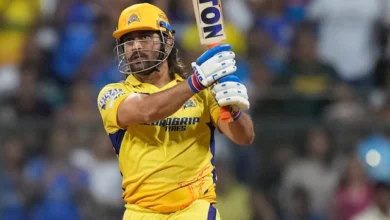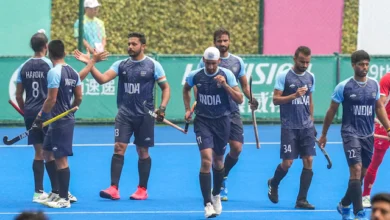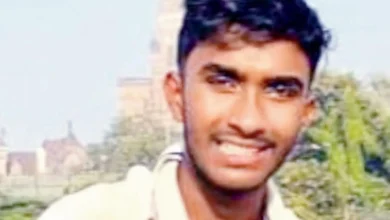-
NATIONAL

Will the “Vishal” Rebellion of the Sangli Congress Leader Affect…
The opposition Maha Vikas Aghadi, which is made up of the Congress, the Nationalist Congress…
Read More » -

-

-

-
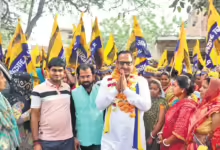
-
UP STATE

Lok Sabha Elections: Dimple Yadav of SP Nominates from Mainpuri…
On Tuesday, Samajwadi Party (SP) leader Dimple Yadav submitted her nomination papers for the Mainpuri…
Read More » -

-
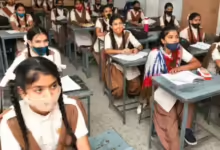
-

-
BIHAR

There will be a third election in the Pataliputra Lok…
In Bihar, one of the most well-known Lok Sabha seats is Pataliputra. One of the…
Read More » -

-

-
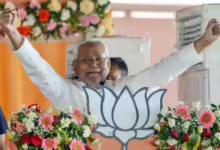
-
ENTERTAINMENT

After her 12th failure, Medha Shankr claims that directors and…
Following the film’s OTT release, actor Medha Shankr, who made her big screen debut in…
Read More » -
ENTERTAINMENT

Reunited With The Laapataa Ladies Cast, Aamir Khan And Kiran…
With the premiere of Laapataa Ladies in March, Kiran Rao made her directorial comeback. To…
Read More »
-
INTERNATIONAL

Police in Australia are investigating a knife assault on a…
According to Australian authorities, a Sydney knife assault that left a priest and a bishop…
Read More » -

-

-

-

-
HEALTH

Experts have connected the usage of alcohol, cigarettes, and processed…
According to specialists at AIIMS, Delhi, unhealthy lifestyle choices and societal customs, including smoking, drinking…
Read More » -

-

-

-
LIFESTYLE
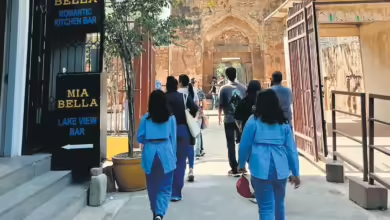
An unforgettable stroll through the rich heritage of Delhi
We are at the Hauz-e-Alai reservoir in Hauz Khas on a brilliant, bright day. The…
Read More » -

-
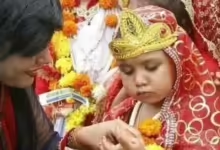
-
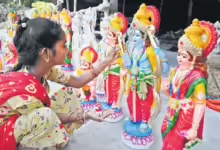
-
SPORTS

Mumbai Indians arrive in Punjab ahead of their match against…
Prior to their next Indian Premier League (IPL) 2024 matchup against the Shikhar Dhawan-led team,…
Read More » -
SPORTS

“He Was Prepared for Everything,” Shivam Dube says of MS…
Shivam Dube, an all-around player for the Chennai Super Kings, was on fire on Sunday…
Read More » -
SPORTS

Better, Ingenious Passing Can Counteract Australian Aggression: Rupinder Pal Singh
Rupinder Pal Singh, a former drag-flick expert, believes the Olympic-bound Indian men’s hockey team can…
Read More » -
SPORTS

“Every game is a semifinal for us right now,” IPL…
Following his team’s sixth loss in seven games in the current Indian Premier League, head…
Read More » -
SPORTS

Devendra, an all-around player, excels for Oriental Insurance
In a ‘E’ Division first-round match of the MCA Corporate Cricket Tournament at National CC,…
Read More »

